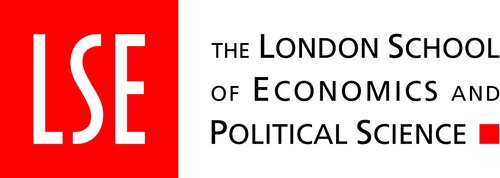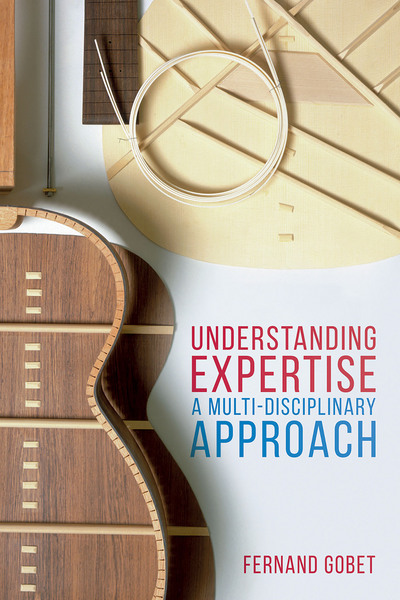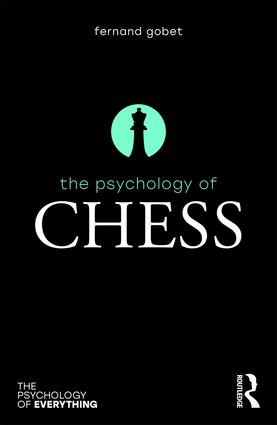|
Fernand
GOBET
|
|
 |
|
|
Professorial Research Fellow
|
|
|
|
Centre for Philosophy of
Natural and Social Science
London SW15 4JD fernand.gobet@roehampton.ac.uk
|
|
|
|
|
Connolly, C. & Gobet, F.
(2020).
Transition Expertise and Identity:
|
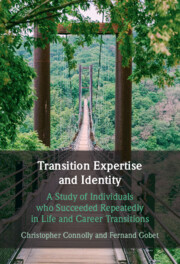 |
|
Addis, M., Lane, P., Sozou, P., & Gobet, F. (Editors) (2019). Scientific discovery in the social sciences. New York: Springer.
|
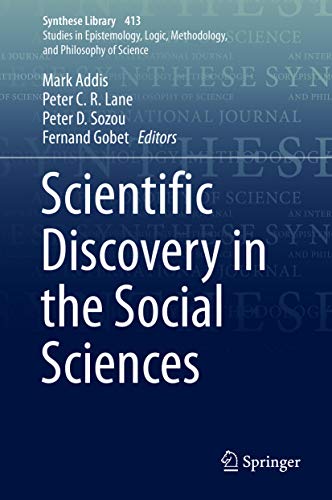 |
|
Gobet, F. (2015). Understanding expertise: A multidisciplinary approach. London: Palgrave.
|
|
|
Gobet, F. (2018). The psychology of chess. London: Routledge.
|
PhD Opportunities
Please contact me if you are
interested in doing a PhD in my current domains of research, including:
- Career transitions and leadership
-
Psychology of expertise
- Computational modelling with the CHREST
architecture
- Modelling the acquisition of
syntax and/or vocabulary
- Foundations of computational
modelling
- Use of artificial-intelligence techniques for semi-automatically developing scientific theories
Recent Research Funding
European Research Council
(2019-2024). Genetically Evolving Models in Science (GEMS) (ERC Advanced Grant).
(£1.8 mio).
Economic and Social Research Council (2019-2024). The International Centre for
Language and Communicative Development 2 (LuCiD2; Transition grant). With Julian
Pine and others (£2.32mio).
Economic and Social Research
Council (2014-2019). The International Centre for Language and Communicative
Development (LuCiD). With Elena Lieven and others (£9mio)Economic and
Social Research Council (2013-2014). Automatic generation of scientific
theories. With Mark Addis and Peter Lane (£300,000).
Economic and Social Research Council (2012-2015). Developing a psychologically realistic generalisation mechanism within MOSAIC. With Julian Pine and Daniel Freudenthal. (£397,867).
Joseph Rowntree Foundation (2012). Risk, trust and
relationships in an ageing society. With
British Academy (2010-2012). Cognitive models of problem gambling: Testing the implicit-learning hypothesis. (£83,447)
Curriculum Vitae
Degrees
MA in
Psychology, 1986
Ph. D. in Psychology, 1992
Appointments held
2019-present. Professorial Research Fellow, Centre for Philosophy of Natural and Social Science, London School of Economics and Political Science
2003-2012.
Professor of Cognitive Psychology,
2000-2003. Allan Standen Reader in Intelligent Systems, ESRC Centre for Research in
Development, Instruction and Training,
1998-2000.
Senior Research Fellow / Lecturer, ESRC Centre for Research in Development, Instruction and
Training, Department of Psychology,
1996-98.
Research Fellow / Lecturer, ESRC Centre for Research in Development, Instruction and Training,
Department of Psychology,
1992-95. Post-doctoral
fellow,
1990-91. Visiting Researcher,
1987-89. Research assistant, Department of Psychology, University of Fribourg (Switz.)
1981-89. Co-editor of the Swiss Chess Review.
Research interests
My research spans cognitive science, organisational behaviour, cognitive psychology, cognitive neuroscience, artificial intelligence, education, and philosophy.
My
I'm also interested in the development of algorithms that automatically generate theories in science. My research also involves the development of the CHREST (Chunks Hierarchies and REtrieval STructures) architecture. CHREST has been applied to chess expertise, concept formation, the acquisition of multiple diagrammatic representations, and the acquisition of syntax and of vocabulary. I’m also interested in the methodology of developing computational models.
Other research includes the cognitive science of religion, problem gambling and scientific discovery.
My research uses experimental investigations, computer simulations, and theoretical investigations.
Publications
on expertise and decision making
Publications on education, coaching and training
Publications on the methodology of modelling
Publications on syntactic development
Publications on vocabulary development
Last modified: 15/04/2024
